 GJ de Vreede
GJ de Vreede
Dean, School of Business, Stevens Institute of Technology, USA
Title:
It takes two to thinklet: adapting collaboration engineering for human-AI partnerships
Description:
The emergence of sophisticated generative AI has fundamentally transformed the landscape of collaborative work. No longer confined to the role of passive tools, modern AI systems now function as autonomous agents capable of meaningful participation in teamwork. From co-authoring documents to contributing creative ideas and making decisions, these AI systems are increasingly becoming active teammates in collaborative scenarios. This evolution signals a shift from AI as productivity software to AI as collaborative partners with unique capabilities to augment collaborative work.
For over two decades, the field of Collaboration Engineering has developed rigorous approaches to designing and deploying repeatable collaboration processes for high-value organizational tasks. Collaboration Engineering has introduced the concept of "thinkLets" – modular, reusable building blocks that encapsulate facilitation expertise and enable predictable patterns of collaboration. Through careful sequencing of thinkLets, organizations can create sustainable collaborative work practices that deliver consistent value without requiring professional facilitators.
However, the existing Collaboration Engineering approach and concepts were conceived exclusively for human teams. Its foundational assumptions, design methodologies, and implementation approaches were developed with human cognitive capabilities, social dynamics, and communication practices in mind. The theories, models, and practices that have proven effective for human collaboration are not necessarily directly applicable to teams where one or more members is an AI. The asymmetric capabilities between human and AI participants, unique interaction challenges, and novel team dynamics create a fundamentally different collaborative environment requiring rethinking of our established approaches to design collaboration processes and techniques.
This keynote addresses the critical question: How must Collaboration Engineering evolve to accommodate and leverage AI teammates in collaborative processes? What adaptations to its core concepts, design methodologies, and implementation strategies are necessary to create effective, sustainable Human-AI collaboration processes?
Drawing on insights from both Collaboration Engineering research and recent advances in AI capabilities, I will present several key adaptations required for this new frontier. These include modifications to the thinkLet concept to accommodate AI-specific roles and interaction patterns, extensions to process design methodologies that account for AI capabilities and limitations, and new approaches to facilitate knowledge transfer to practitioners leading Human-AI teams. Additionally, I will outline a research agenda organized around the Ways Framework (Thinking, Working, Modeling, Supporting, and Controlling) to guide future investigation in this emerging field. This agenda identifies research questions whose answers will help organizations successfully integrate AI teammates into their collaborative work practices.
As AI continues to evolve from tools to powerful teammates, Collaboration Engineering must similarly evolve to provide theoretically-grounded, practically-applicable approaches to designing effective hybrid collaborative processes. This presentation aims to lay the foundation for this essential adaptation, ensuring that the valuable insights from decades of collaboration research can be effectively applied to our new reality of Human-AI teamwork.
Bio:
GJ de Vreede is Dean of the School of Business at Stevens Institute of Technology. Previously he served as Associate Dean and Interim Dean at the Muma College of Business of the University of South Florida and as Director of the Center for Collaboration Science at the University of Nebraska at Omaha. He received his PhD in Information Systems from Delft University of Technology, the Netherlands. He has been a visiting professor at Renmin University (China), the University of International Business & Economics (China), the University of Arizona, and the University of Pretoria (South Africa). He has worked as an international consultant in the area of collaboration technology & practice for over 30 years.
His research focuses on AI in teams, crowdsourcing, and Collaboration Engineering. He was the co-founder of the Collaboration Engineering research field and co-inventor of the thinkLet concept. His research has appeared in journals such as Information Systems Research, Journal of Management Information Systems, Journal of the Association for Information Systems, Information & Management, Management Information Systems Quarterly Executive, Small Group Research, and Communications of the ACM. He has extensive experience as a trainer, speaker, and consultant on the design and implementation of collaborative practices in a variety of business domains, focusing on areas such as strategy development, process engineering, crowdsourcing, risk management, Agile design & development, and product development.



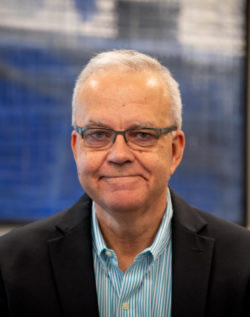
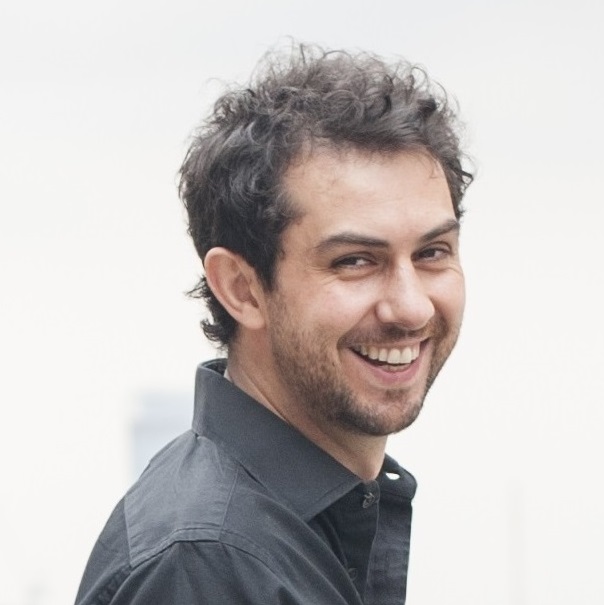 Daniel Hulme
Daniel Hulme Jannis Kallinikos
Jannis Kallinikos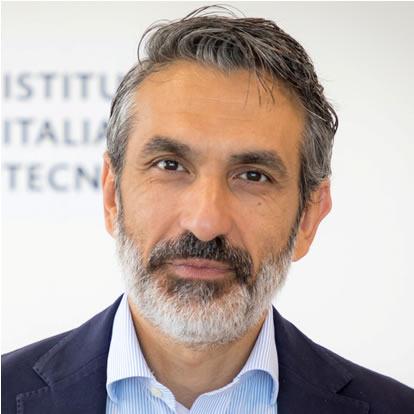 Giorgio Metta
Giorgio Metta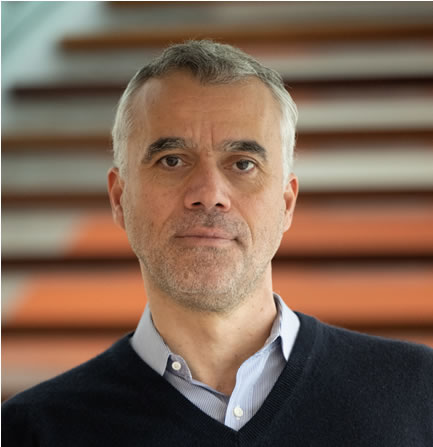 Thodoris Evgeniou
Thodoris Evgeniou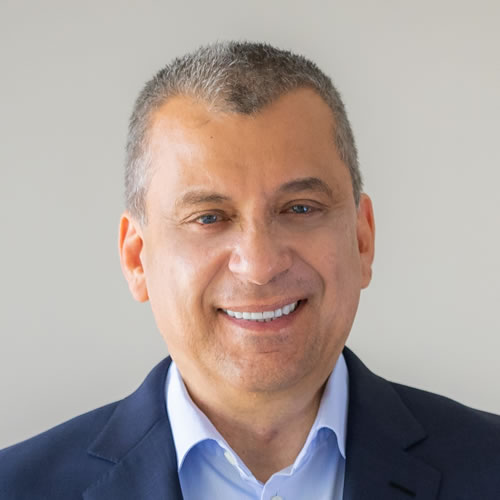 Byron Nicolaides
Byron Nicolaides